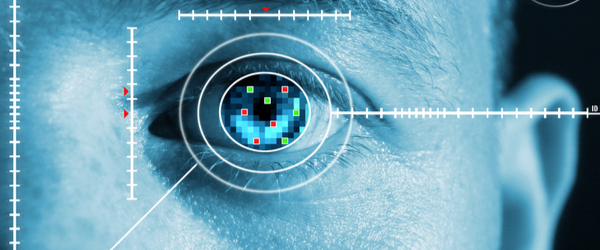Keeping sensitive financial information secure has always been a concern for accountants. With the sharp increase in professionals working remotely during the pandemic, data security is more critical than ever. This article will explore the security risks of working remotely and offer tips on how to combat those risks.
The History of Working Remotely
While remote work is commonplace today, earlier versions of “work from home” were reserved mostly for white-collar office workers. However, even prior to the global pandemic, the advancement of recent technology such as virtual private networks (VPNs), communication software like Zoom and Microsoft Teams, and lightweight yet powerful computers was making remote work more popular. When the COVID-19 pandemic caused lockdowns and restrictions on gathering in many major parts of the world, it only accelerated the trend.
Security Risks of Working Remotely
There are many inherent risks when working remotely for both employees and the firm. Below are just a few common ones:
- Accessing Confidential Data Through Unsafe Wi-Fi Networks: Your employees may use an unsecured home network or public Wi-Fi at a coffee shop to access work files and send emails. This leaves them vulnerable to bad actors that could steal sensitive information.
- Sharing Unencrypted Files: With employees working remotely, the likelihood that files are not saved in one secure place increases. If a cybercriminal intercepts sensitive client information, it could be disastrous for your business.
- Use of Personal Devices for Work Purposes: Your employees may be tempted to use a personal computer for business tasks such as sending emails and saving files. This poses a big security risk as IT departments can’t monitor and regulate security measures on employees’ personal devices.
- Weaker Security Policies and Procedures: For many businesses, the file and data security infrastructure in place at the onset of the pandemic was not sufficient for the quick and dramatic transition to remote work. A couple of years have passed, and many organizations have not sufficiently updated their security controls for this new remote, hybrid world.
Tips for Increasing Security
Use Encryption
Encryption is the process of converting the original version of files and data into an alternate form that is harder to intercept, hack and manipulate. Essentially, encryption software converts data into a cryptic combination of numbers and text. Only people or systems with the decryption key can read the encrypted data. Accounting firms handle sensitive client and financial information every day, and it is imperative to protect that confidential information.
Organizations can utilize data encryption to protect emails, databases, data in the cloud and client payments. You should seek out software and productivity tools that will ensure your data is encrypted and protected from hackers.
Use a Secure Portal or Email for Uploading
It is important to maintain a secure place to store files and share them with your team and clients. Portals are electronic gateways to a shared digital space that allows you to securely upload and share files. One benefit of using a secure portal is you have peace of mind that sensitive client and financial data is safe from hackers. A second benefit is that utilizing a secure portal is a great collaboration tool that can make life easier for both clients and the firm. A secure portal can be used to view financial records, collaborate on projects, monitor workflows, accept payments and more.
When shopping for client portal solutions, seek software that makes your clients’ lives easier. Consider software that allows clients to securely access and upload files via secure emails. The distinct benefit to this method is that clients are more likely to actually use it to share information with you as opposed to getting frustrated with a clunky portal and giving up. At the end of the day, client adoption is key. Secure file sharing solutions can help you make sure you are sharing files securely.
No matter what, make sure that the potential options have the following security features: encryption, access control, a secure database, authentication, and authorization.

Enable Two Factor Authentication
Two Factor Authentication, or 2FA, is an extra layer of security that protects your online accounts. It requires you to provide an additional log-in credential beyond the standard username and password. This protects your sensitive data in the event a hacker steals your login information. There are various ways to use 2FA, including additional security questions, PIN numbers, security tokens sent to another device, and even fingerprints and retina scans. Many companies prefer the device method due to ease of implementation. There are tools out in the marketplace such as Authenticator that make two-factor authentication easy to implement for any company.
Conclusion
With employees working remotely, your organization’s data and other sensitive information are more vulnerable than ever. It is important for your reputation that client and firm information is always secure. Seek software solutions that allow you to protect your business while also enhancing the client experience. Comprehensive accounting software can help you accomplish this. Following the tips laid out in this article will help you select the most secure software solution so you can rest easy knowing you’re protected as you serve your clients.
.png?width=150&height=63&name=TWRlogo-regmark_blueblack%20(1).png)
.png)










Do you have questions about this article? Email us and let us know > info@woodard.com
Comments: